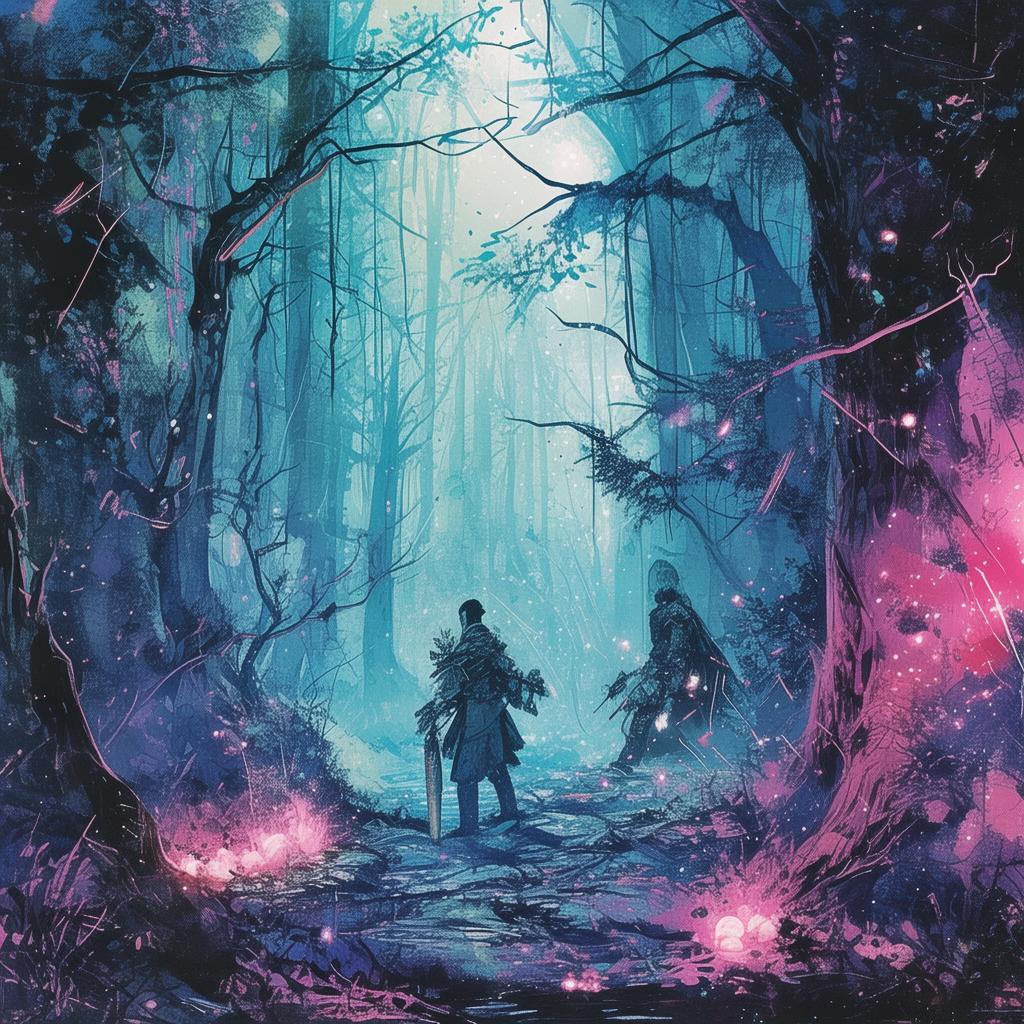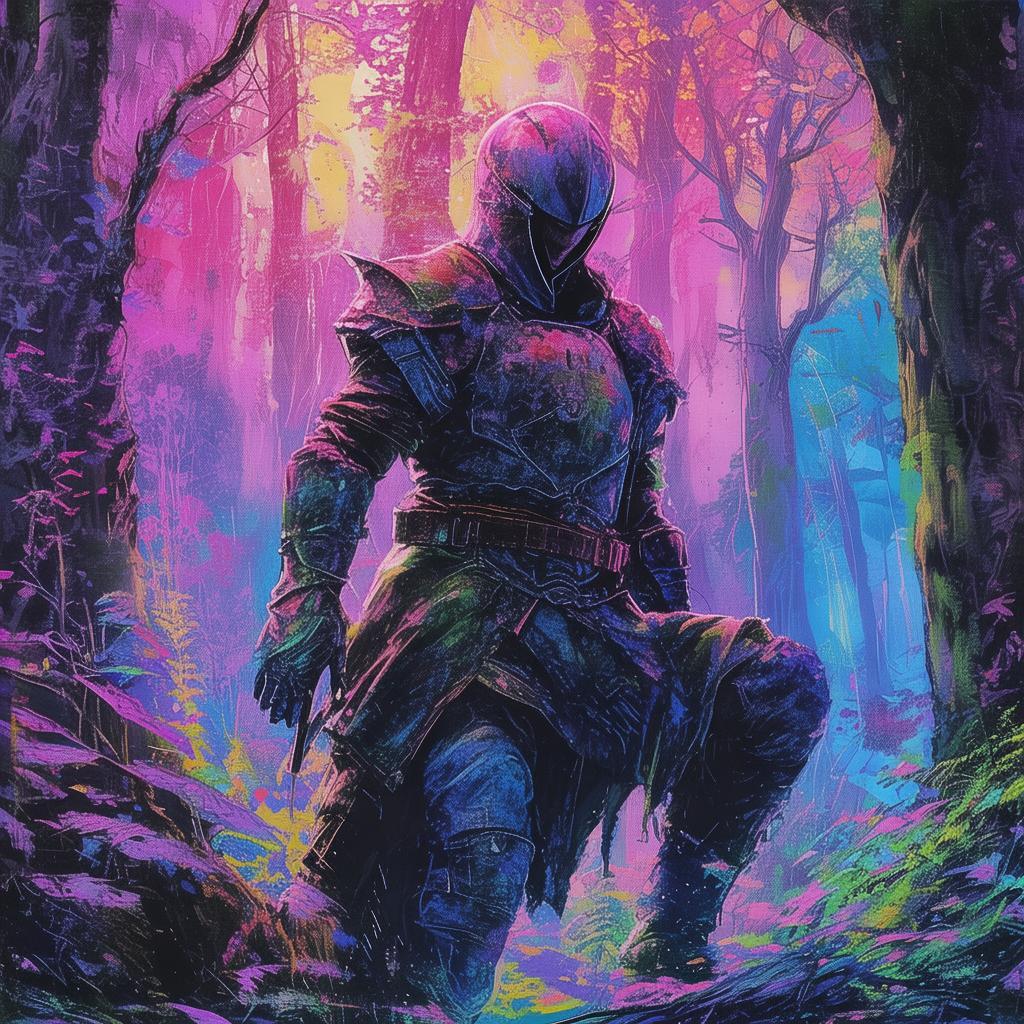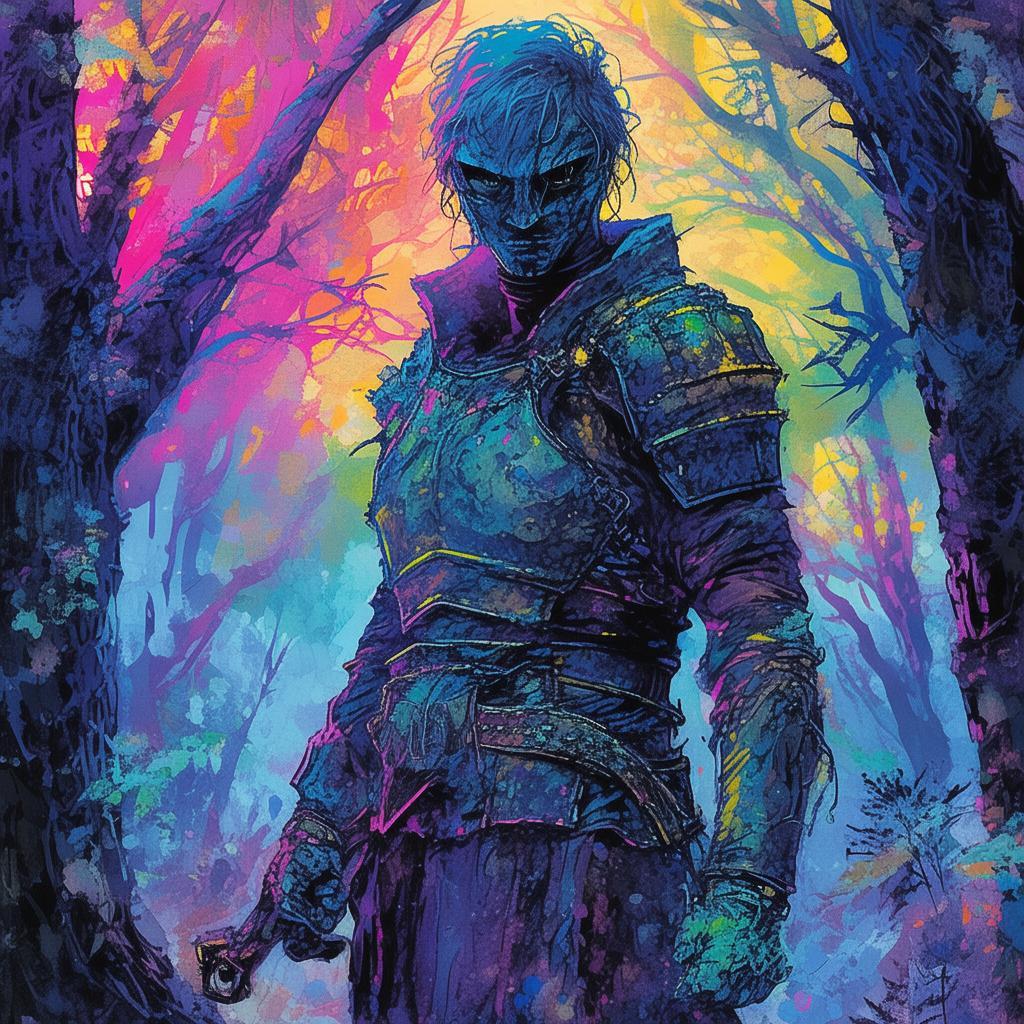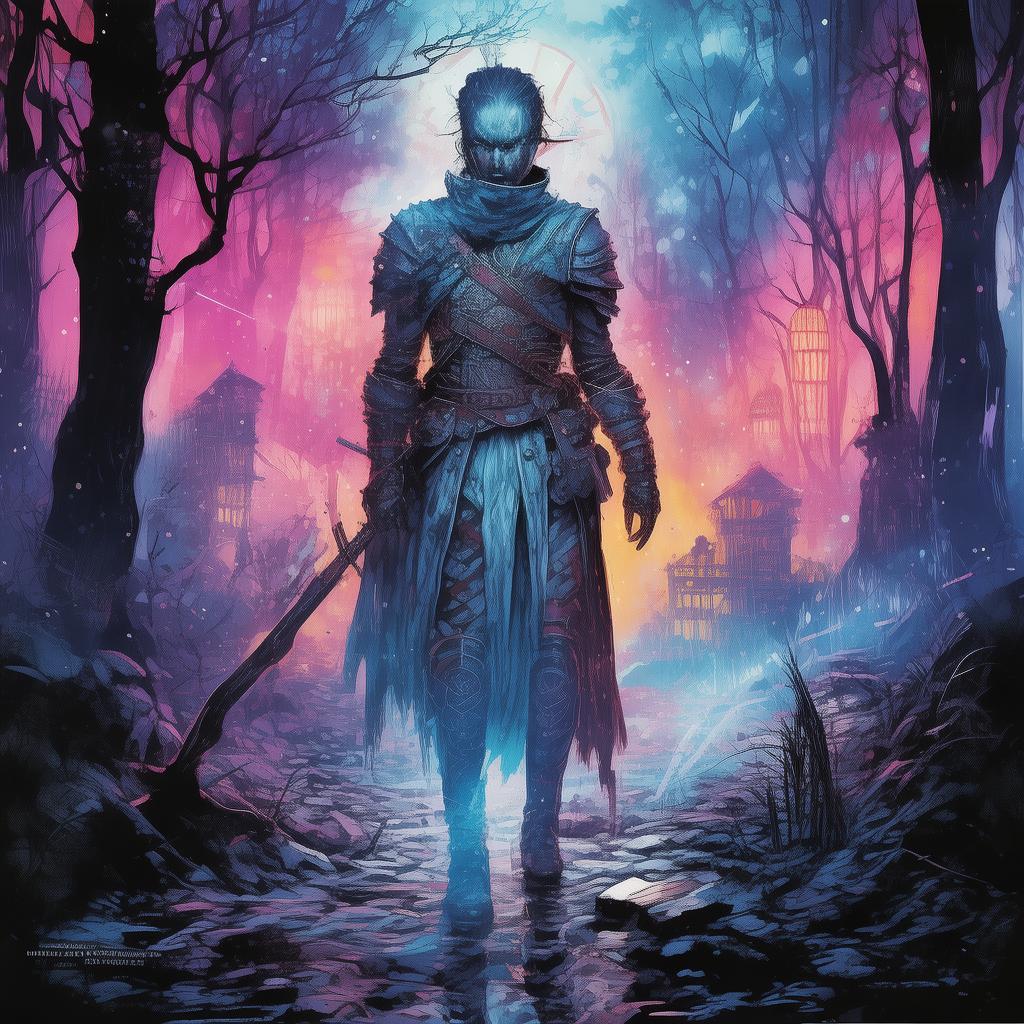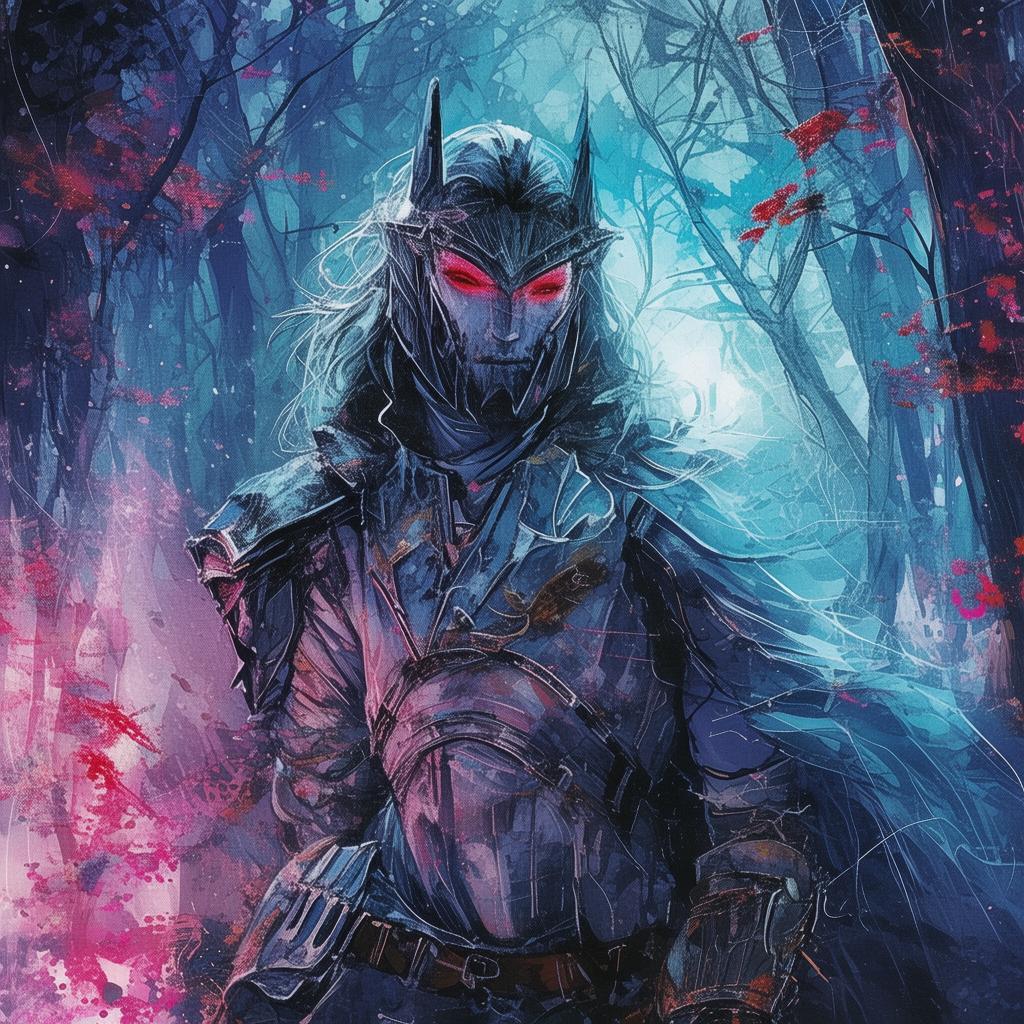The Shadow of the Dragon: A Samurai's Chessboard of Honor
In the heart of ancient Japan, where the samurai were the very embodiment of honor and strategy, there was a tale that would echo through the ages. It was a story of a young samurai named Kaito, whose life was as unpredictable as the winds that swept through the mountains. Kaito was known for his unparalleled skill in the art of chess, a game that mirrored the intricate dance of life and death on the battlefield.
The tale began on a crisp autumn morning, as Kaito stood before a grand chessboard, its squares etched with the symbols of his life—each piece a representation of his choices, his victories, and his defeats. The opponent before him was none other than Lord Takahashi, a man whose reputation was as fearsome as his army. The match was not just a game of chess; it was a testament to honor, a battle of wits that would decide the fate of Kaito's name.

The air was thick with tension as the pieces were set in place. Kaito's mind raced with strategy, his fingers dancing over the board with the precision of a skilled swordsman. Lord Takahashi, however, was a master of deception, and his moves were as cunning as they were treacherous.
As the game progressed, Kaito found himself in a position he had never been before. He was losing, and the realization struck him like a physical blow. He had underestimated his opponent, and now his honor was at stake. The samurai code demanded that he fight to the end, no matter the cost.
The game reached its climax as Kaito's last piece was threatened. With a move that seemed to defy logic, he sacrificed his queen, a move that would have been considered suicidal. But in the samurai's world, there was no room for hesitation. The move was a testament to his unwavering loyalty and honor.
Lord Takahashi's eyes widened in shock as he realized the implications of Kaito's sacrifice. The young samurai had played not just a game of chess, but a game of life and death. The move was a bold statement, a declaration that honor was more important than victory.
The game ended in a stalemate, a draw that was as unexpected as it was satisfying. Lord Takahashi rose from his seat, bowing deeply to Kaito. "You have won this match, samurai," he said, his voice filled with respect. "Not with strength, but with honor."
Kaito's victory was not just in the game of chess; it was in the way he had upheld the samurai code. His story spread far and wide, becoming a legend that would be told for generations. The tale of Kaito and Lord Takahashi became a parable, a reminder that true strength lies not in the might of one's arms, but in the strength of one's honor.
The Shadow of the Dragon: A Samurai's Chessboard of Honor is a story that transcends time, a tale that speaks to the enduring power of honor and the delicate balance between life and death. It is a story that will captivate readers, spark discussions, and leave them reflecting on the true meaning of honor.
✨ Original Statement ✨
All articles published on this website (including but not limited to text, images, videos, and other content) are original or authorized for reposting and are protected by relevant laws. Without the explicit written permission of this website, no individual or organization may copy, modify, repost, or use the content for commercial purposes.
If you need to quote or cooperate, please contact this site for authorization. We reserve the right to pursue legal responsibility for any unauthorized use.
Hereby declared.
